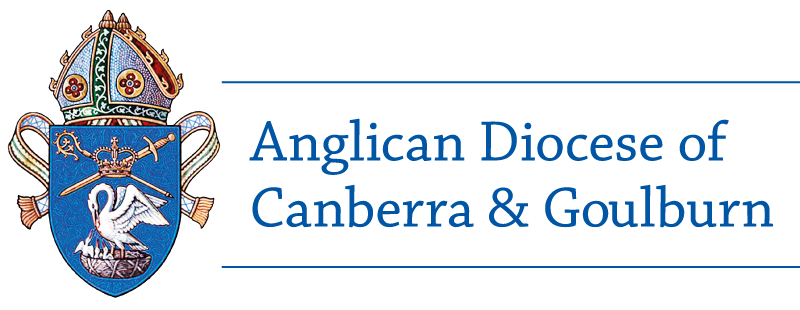Sometimes the most efficient solutions are the least effective.
Let me unpack that comment by referring to a section from my address to our recent Diocesan Synod. In it I made the following observation on the way in which ‘reset’ seems to have become the preferred term for engaging the challenges and opportunities of a post-pandemic world:
I must admit to being under-whelmed by “reset” as a framework for the future. It at least implies that our fundamental challenges and opportunities are technical in nature, that in picturing our nation or community as a giant computer and hitting whatever passes for the ctrl+alt+delete button we can clear the screen and restore things the way they were. But what if the way things were wasn’t the way they were meant to be? And what if we were to take seriously those intuitions that our fundamental challenges are not technical, but relational and spiritual?
If our fundamental opportunities and challenges are technical then we will look for efficient solutions. Even churches can fall into this way of thinking by assuming the road to pastoral and missional fruitfulness requires little other than the right application of church growth and other techniques.
However, spiritual and relational challenges require more than a quick fix and sometimes the faithful way forward can seem inefficient. Take prayer for example. ‘Enough prayers. Time for some action.’ ‘Keep your thoughts and prayers. Send money instead.’ Quotes like this are used to frame prayer as an alternative to or an evasion from dealing with the issues before us. Sometimes believers respond by portraying prayer in more efficient, technical terms – for example by emphasising its contribution to personal well-being and health.
But what if prayer’s apparent inefficiency is a great gift to us? In a world that encourages us to do prayer calls us to be. In a world that encourages us to find our identity in what we’ve achieved or who we are prayer calls us to trust in the provision and love of our gracious God. In a world that encourages us to imagine the future rests on our shoulders prayer calls us to rest in the One who sees the end from the beginning. As Paul writes in Philippians 4:6-7 ‘Do not worry about anything, but in everything by prayer and supplication with thanksgiving let your requests be made known to God. And the peace of God, which surpasses all understanding, will guard your hearts and your minds in Christ Jesus.’
Following our season of study during Lent, I am calling our Diocese to a focussed season of prayer between Easter and Pentecost. You will find resources to help you on this journey at our Diocesan website www.anglicancg.org.au. (You can download a Prayer Booklet here.) I have every confidence that whatever challenges and opportunities we will meet ahead God will use this time to prepare us well.
Finally, a word of thanks. Elsewhere in this edition you will read about Tom Henderson-Brooks, our new Diocesan Archdeacon. With Tom’s appointment The Reverend Dr Wayne Brighton has concluded his term as Archdeacon for Chaplaincy. Wayne has overseen a growth in the number of diversity of our chaplaincy ministry and will continue to make a significant contribution to our Diocese and the national church through Parish ministry and his commitment to holistic mission.

